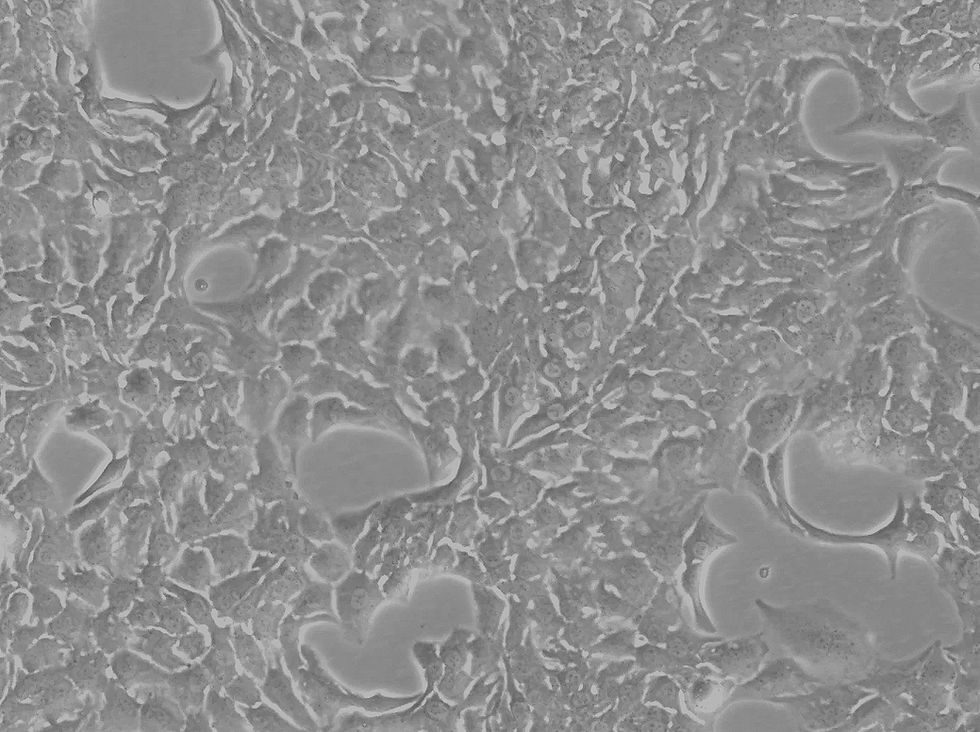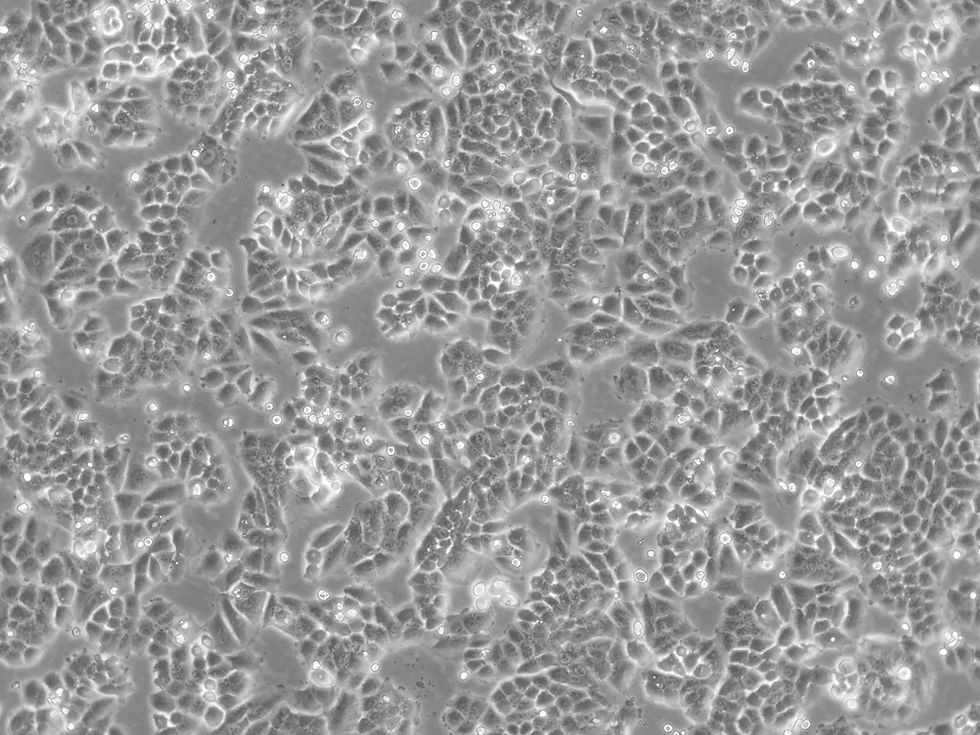Signosis' EL-045 is a stable Ba/F3 cell line expressing EGFR with L858R and T790M mutations. The cell line was generated by electroporation with a vector containing the mutant EGFR gene, along with GFP and hygromycin resistance. Clones were selected based on hygromycin resistance, GFP expression, and confirmed EGFR protein expression.
EL-045 EGFR WT Ba/F3 Stable Cell Line (2 vials)
SKU: EL-045
$3,870.00Price















